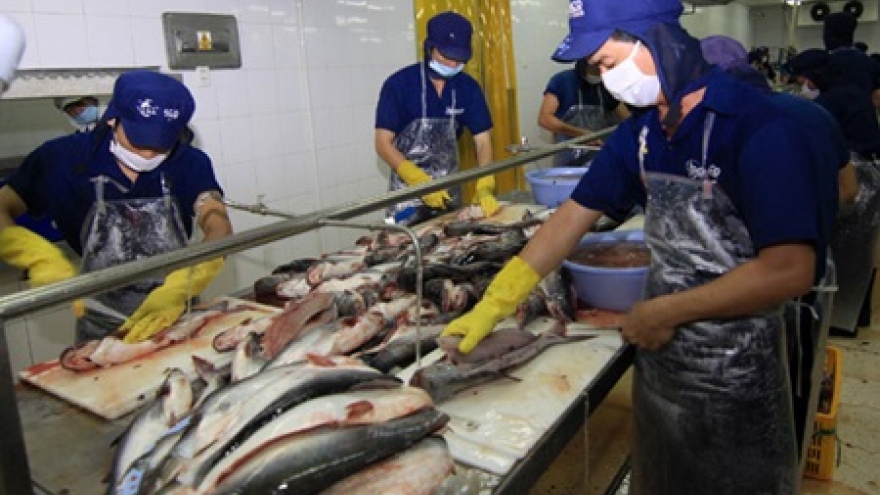New decree facilitates enterprises
The Government has just promulgated Resolution No.35/NQ-CP on supporting and developing enterprises by 2020.
 |
Under the resolution, by 2020 there will be at least one million operational enterprises with competitive capacity and sustainable development.
The private sector will contribute 48-49% of the GDP and 49 percent of the social investment capital. The Total Factor Productivity (TFP) will make up 30-35 percent of the GDP. The social labour capacity will rise 5 percent per year. Every year, around 30-35 percent of Vietnamese enterprises will launch creative renovation activities.
The Resolution rolls out principles in order to build and complete an economic institution, creating a favourable business and investment environment for businesses to develop and become a driving force for the economy.
It is necessary to ensure that the State protects people and businesses’ legal property and business freedom as regulated. Businesses have the rights to do business in lines that are not prohibited by law.
The State guarantees the stability, consistency and easy-forecast of the policy, stabilises the macro-economy, and improves the business environment in a favourable, safe and friendly way.
The State ensures the fair treatment for all businesses regardless of their forms and economic sectors in getting access to resources such as capital, resources, land and investment. The State devises specialised policies to support small- and medium-sized enterprises, newly-established and creative ones.
To realise the objectives, the Resolution sets forth numerous measures, including enhancing administrative reform, facilitating operation and development of enterprises; making the administrative reform as part of the e-Government development, and creating a favourable condition for newly-established enterprises.
The Resolution also proposes reducing 50 percent of personal income tax in some fields, simplifying and reducing procedures on land, facilitating the commercialisation of businesses’ products, renewing the lending process, reviewing sector and product development plans, cutting business costs and not crimnalising economic relations.


